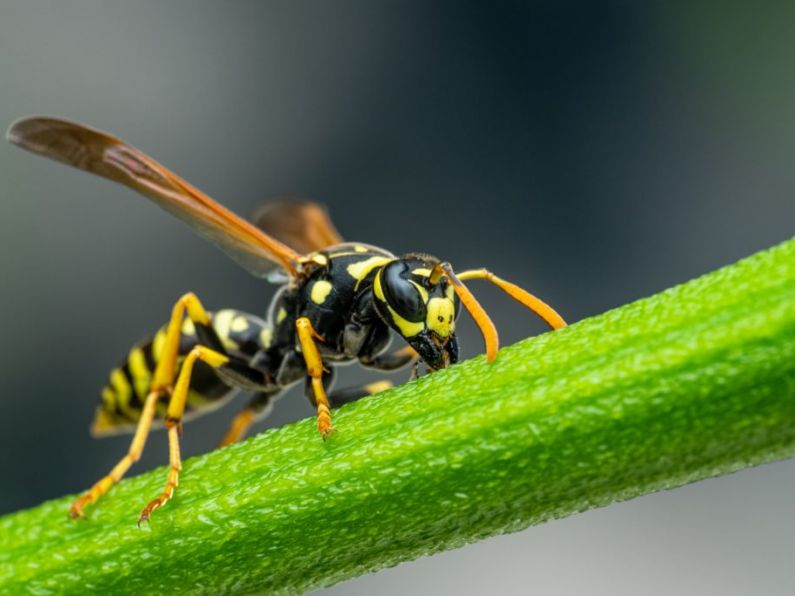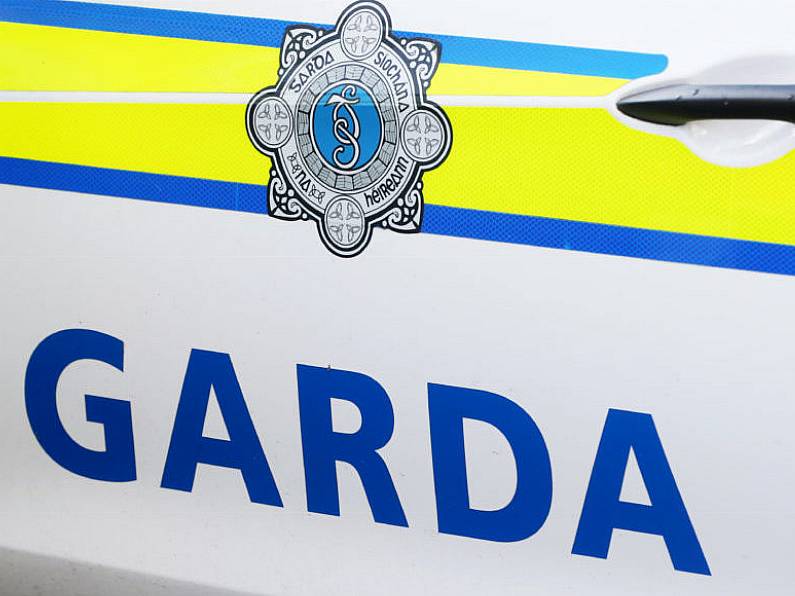The late-summer heatwave is set to drive a 'plague of wasp' activity across the South East.
Experts fear hot temperatures further will drive wasps' need for sugar, making them more vicious than ever.
Wasps aren't usually a problem in early summer as they feed on small insects, but as the summer draws to a close these food sources deplete - forcing wasps to seek alternative nutrition.
This hunger, coupled with the need to feed their rapidly growing larvae, forces wasps into our kitchens and beer gardens where they become a little, let's say, annoying.
The number of wasps every summer fluctuates depending on weather conditions and this year's warm summer has provided the perfect breeding conditions for this insect's population to explode.
The result is a much larger than usual population driven into a sugar frenzy by late-summer heat.
People are being advised to avoid consuming sweet drinks and ice lollies while outside during the forecast heatwave in order to stop attracting them.
In the UK, the sheer volume of wasps has already led people to dub 2022 the "year of the wasp." Speaking to BFMTV , Sebastien Pommereul, manager of the company Stop Wasps – Stop Pests, said: "This year, we are doing between 10 to 12 interventions a day. Last year, we were at five."
According to Webmd, if stung by a wasp you should take the following steps:
- Applying ice to the site may provide some mild relief. Apply ice for 20 minutes once every hour as needed. Wrap the ice in a towel or keep a cloth between the ice and skin to keep from freezing the skin.
- Taking an antihistamine. This will help with itching and swelling.
- Take ibuprofen for pain relief as needed.
- Wash the sting site with soap and water.
- Placing hydrocortisone cream on the sting can help relieve redness, itching, and swelling.
Photo by Skyler Ewing:






